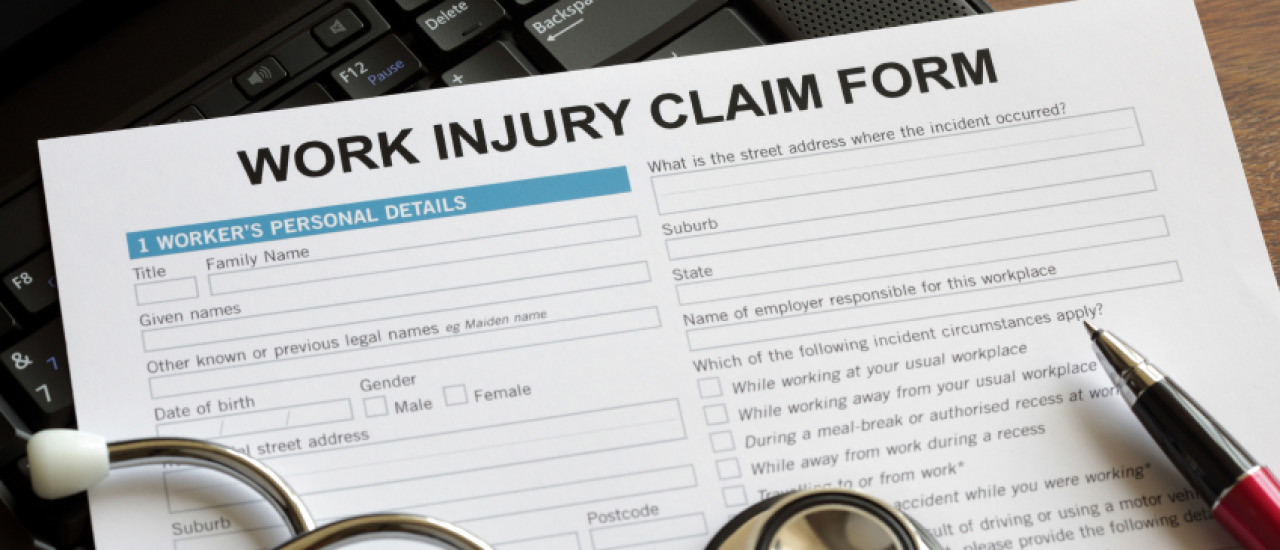Governor Expands Workers’ Compensation System

Gov. Ned Lamont issued an executive order July 24 expanding the state’s workers’ compensation system to include a rebuttable presumption that employees with COVID-19 contracted the virus while working.
He previously resisted calls from advocates to support the introduction of legislation during this week’s special legislative session or issue an executive order.
As late as June, his office expressed support for the existing workers’ compensation system and refrained from advocating for changes in the short term.
Connecticut workers’ compensation law currently provides for COIVD-19 claims where a claimant shows that contracting the disease was related to their occupation and occurred in the course of employment.
The directive applies to essential workers, a category that covers a broad range of industries in Connecticut based on Lamont’s March 20 executive order suspending in-person operations at all non-essential businesses.
Covered Dates, Conditions
Under the July 24 executive order, any essential worker that worked in the workplace at least a day at the direction of their employer between March 10 and May 20, and tested positive or was diagnosed with COVID-19 within three weeks of those dates, is presumed to have contracted the virus in the workplace.
The presumption does not apply when an employer made an offer or directive to employees to work from home.
The presumption does not apply when an employer made an offer or directive to employees to work from home.
Employers also are permitted to show, by a preponderance of the evidence, that the employee contracted the virus elsewhere.
The executive order also reduces any benefits awarded to claimants by the amount of any federal sick leave benefits received by the employee through the Families First Coronavirus Response Act.
Employer Concerns
CBIA president and CEO Joe Brennan said employers were concerned that the scope of the executive order could result in cost increases “during a very challenging time as we try to fully rebuild our economy.”
“We are concerned with casting too wide a net by including a significant percentage of the workforce rather than focusing on frontline healthcare workers most at risk from contracting COVID-19,” Brennan said.
“This cannot set a precedent for future presumptions and the further expansion of the workers’ compensation system.”
CBIA’s Joe Brennan
“We believe benefits are being awarded to workers who did contract the virus at work and are not aware of any instances where the workers’ compensation system denied a COVID-related claim.
“We appreciate that the Governor’s order is limited to a specific time frame and to employees who could not work remotely.
“However, this cannot set a precedent for future presumptions and the further expansion of a workers’ compensation system that has worked well.”
Increased Costs
The presumption opens the workers’ compensation system to claims where claimants contracted COVID-19 under circumstances unrelated to their occupation and outside the course of their employment.
It likely will result in a significant rise in claims and lead to an increase in workers’ compensation costs for employers.
“Policymakers must recognize that businesses will lead the rebuilding of our economy and getting people back to work.”
An analysis of the proposed changes by the independent National Council on Compensation Insurance showed employer costs could increase by as much as by 238% if left open-ended.
“Connecticut has suffered unprecedented job losses and our economy is only slowly beginning to recover,” Brennan said.
“It’s imperative that policymakers recognize and understand that our businesses will lead the rebuilding of our economy and getting people back to work.”
RELATED
EXPLORE BY CATEGORY
Stay Connected with CBIA News Digests
The latest news and information delivered directly to your inbox.


